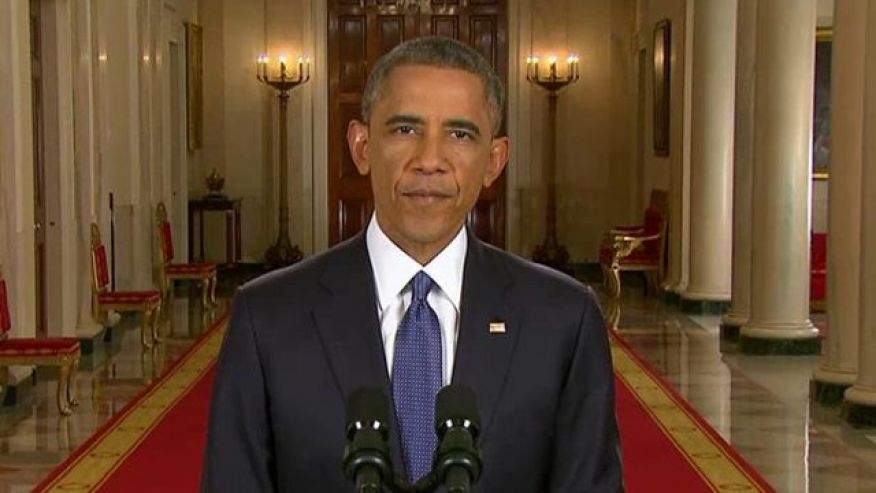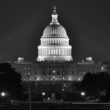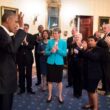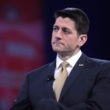At 2 p.m. on January 1, 1863, Abraham Lincoln climbed the stairs of the White House and in the company of Massachusetts Senator Charles Sumner prepared to sign the Emancipation Proclamation.
As the Civil War raged on, Lincoln had grappled with the idea of freeing the slaves. At one point in the previous year, according to Ronald C. White, Jr.’s splendid biography A. Lincoln, the president had told a group of ministers from Illinois: “I can assure you that the subject is on my mind, day and night, more than any other.”
Lincoln had announced his intention to sign the Emancipation Proclamation in September 1862, and referred to it in his December 1 message to Congress.
Conservative members of his party opposed his decision and believed the announcement in September was the reason for the “the disappointing biennial election results” for the Republicans, White wrote.
I was in Texas last night, at a social gathering. The woman hired to serve the food and attend the guests was a 37-year-old mother of three American citizens. Her oldest is enrolled at Texas State University in San Marcos, the alma mater of Lyndon B. Johnson. In announcing his immigration order, President Obama was talking about her.
In his White House office, Lincoln reread the final version of the document, including a concluding paragraph added at Treasury Secretary Salmon Chase’s suggestion:
“And upon this act, sincerely believed to be an act of justice, warranted by the Constitution, upon military necessity, I invoke the considerate judgment of mankind, and the gracious favor of Almighty God.”
With his hand trembling, either because he had spent the entire morning shaking the hands of hundreds of New Year’s guests visiting the White House, or because he was overwhelmed by the historical moment, Lincoln signed the Emancipation Proclamation.
“I never, in my life, felt more certain that I was doing right, than I do in signing this paper,” Lincoln said as he put down his pen.
The Emancipation Proclamation did not officially go into effect in the state of Texas until June 19, 1865, thus the name of the Emancipation Day holiday “Juneteenth.”
I was in Texas last night, at a social gathering in the Clarksville neighborhood of Austin, a former “Freedman’s Town” in walking distance to the Capitol.
The TV was on mute as we waited for President Obama to make his remarks. The woman hired to serve the food and attend the guests was a 37-year-old mother of three American citizens. At the age of 16, she waded across the shallow Rio Grande from Matamoros, Tamaulipas, into Brownsville, Texas. After walking four hours through South Texas brush country, she caught a ride to Houston.
She has lived and worked in Texas ever since.
She cannot renew her drivers license because of her status, so driving brings with it the threat of deportation and separation from her husband and children. She cannot travel to San Luis Potosi to visit her mother. She cannot get on an airplane with her husband (who is a legal resident) and children because her drivers license, which she obtained “when things were easier here,” is expired.
The oldest of her three children is enrolled at Texas State University in San Marcos, the alma mater of Lyndon B. Johnson. The other two attend an academically rigorous charter school that almost ensures that they, too, will be accepted at a college or university.
Last night, when President Obama said—
They work hard, often in tough, low-paying jobs. They support their families. They worship at our churches. Many of their kids are American-born or spent most of their lives here, and their hopes, dreams, and patriotism are just like ours.
As my predecessor, President Bush, once put it: “They are a part of American life.”
—he was talking about her.
Last night was Juneteenth for Marisa Hinojosa.
No reasonable person would equate President Barack Obama with the president who signed the Emancipation Proclamation. And by my lights, the decision the president announced last night didn’t go far enough and came far too late.
But for a few moments, when he looked into a TV camera and announced a decision that will allow millions of our neighbors to come out of the shadows, Barack Obama was Lincolnesque.
(“Marisa Hinojosa” is a pseudonym.)
—Lou Dubose
November 21, 2014
Lou Dubose is the editor of The Washington Spectator.






